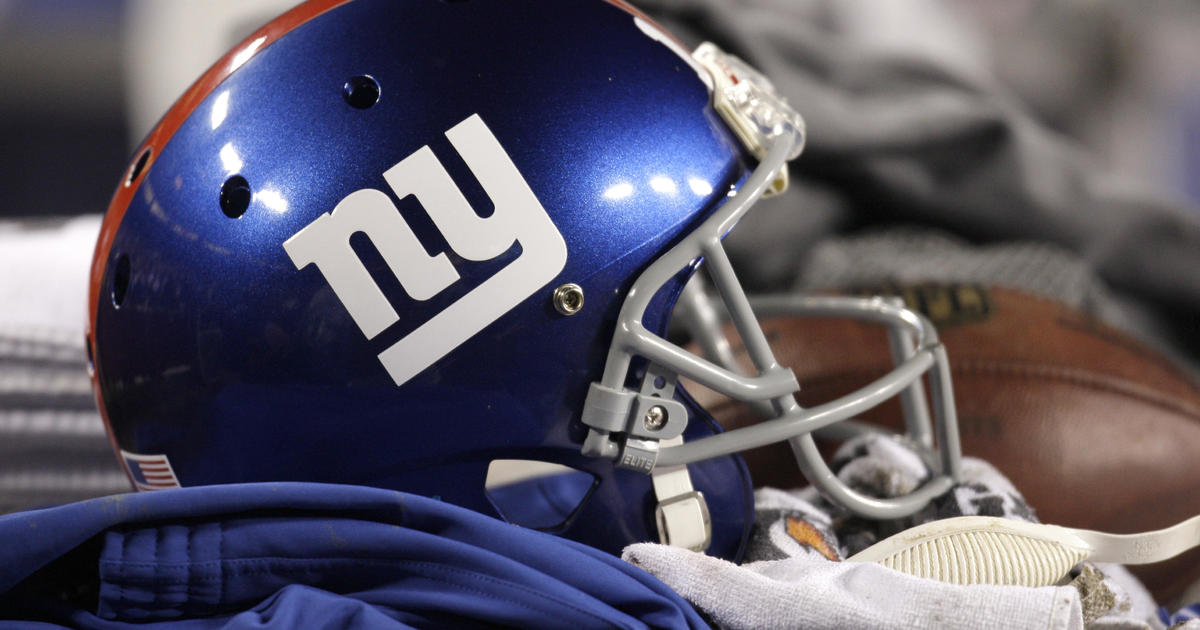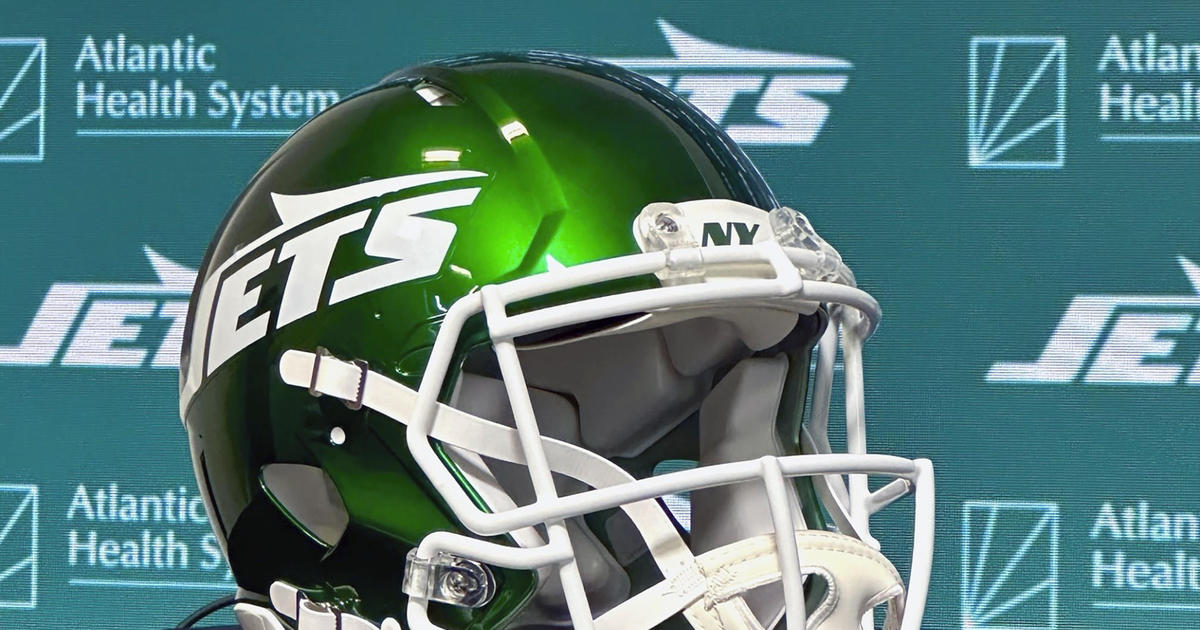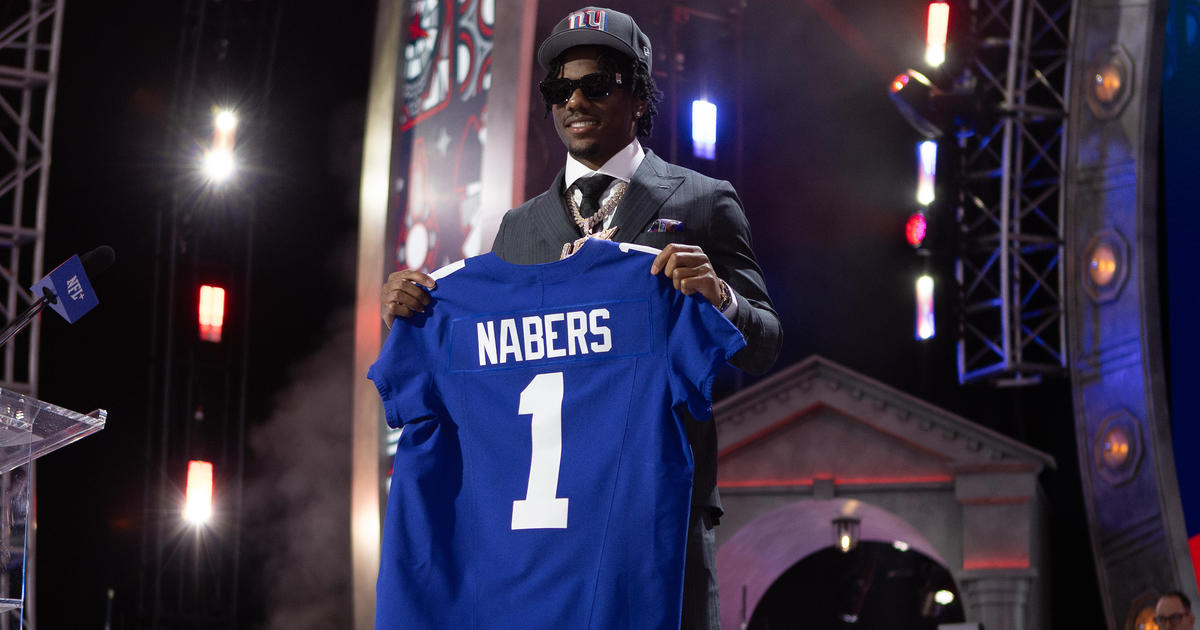Keidel: History Suggests That Jason Kidd Wouldn't Succeed As A Head Coach
By Jason Keidel
» More Columns
I don't pretend to be a hockey devotee. But it's safe to assume that the same maxims apply to all major sports: Talent and teamwork, with a dash of temerity, is usually the winning algorithm.
And if the common denominator extends one more digit, it says that great players -- singular, iconic players -- don't make great coaches. So when someone asks me if Mark Messier should be the next Rangers coach, my impulse is to say no way.
And the same applies to Jason Kidd, who longs to go from playing to coaching in a nanosecond, giving his patented "fast break" a new meaning.
All the coaching monoliths of the 20th century -- Red Auerbach, John Wooden, Vince Lombardi, Bear Bryant, Phil Jackson, Pat Riley, Casey Stengel, etc. -- were marginal players. Before you summon Joe Torre, who was a wonderful player, recall his resounding failures before the Yankees, a learning curve that the aforementioned giants never needed.
Truly transcendent players, Kidd being one of them, strayed from the playbook because they were wired like all savants, with an eye or an ear for the open man a few seconds before anyone saw it, such as Bobby Fischer scanned a chessboard. Ted Williams never understood why his hitters couldn't see the stitches on a fastball, somehow unaware that only he could.
The masses don't have it, and those who do can't teach it. And though the NBA is run by stars, it's the supporting players who lift them to the stratosphere. John Paxson, Steve Kerr, Robert Horry or Derek Fisher would invariably make a play when the star was subdued by double or triple-teams. And someone must get the peripheral players to play their hardest, which means making them feel that they can be the best.
We can debate for days over how much of the game is split between physical and psychological strengths. But while all great players worked hard to sharpen their vocational blades, the game came just a little easier to them, and hence they lack the sympathy and empathy to push the right buttons. They don't understand why the layman can't just impose his skill or will on an opponent.
Mark Jackson and Doc Rivers showed that you needn't rot on the bench as an assistant, paying those abstract "dues" up the ladder, so Kidd's coaching inexperience is not a great concern (though his DUI last year could be). But Kidd has taken no time to reflect on his career, or even his life, before deciding that he wants to work ungodly hours, 350 days a year, for the next decade. It feels too impulsive, like the bored, middle-aged man's Porsche purchase, something to remind him of his vitality.
Some may point to Lenny Wilkens, who has more wins than any coach in NBA history, as an example of an icon who coached and coaxed his troops without having to stoop too low to talk to lesser mortals. But would you rather have the most wins or the most rings? For all his records, Wilkens didn't win a title after the '70s.
Likewise, Larry Bird had a ready-made team swathed in veteran leadership and a motor on automatic. And Bird wanted no part of the coaching grind after a few seasons.
For whatever reason, the player, the man -- who had to bleed for every slice of the pie -- is the one who relates best to his players. No one questions Kidd's knowledge of the game or the unflinching respect he would garner even from great players. But it's that sixth man, the role player, the one who you'll need in a tight spot in a deciding game, who needs the right words whispered into his ear.
Will Kidd have that? History says he won't.
You May Also Be Interested In These Stories



